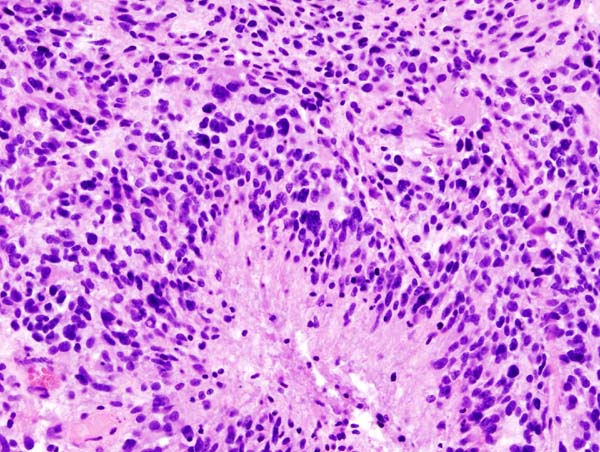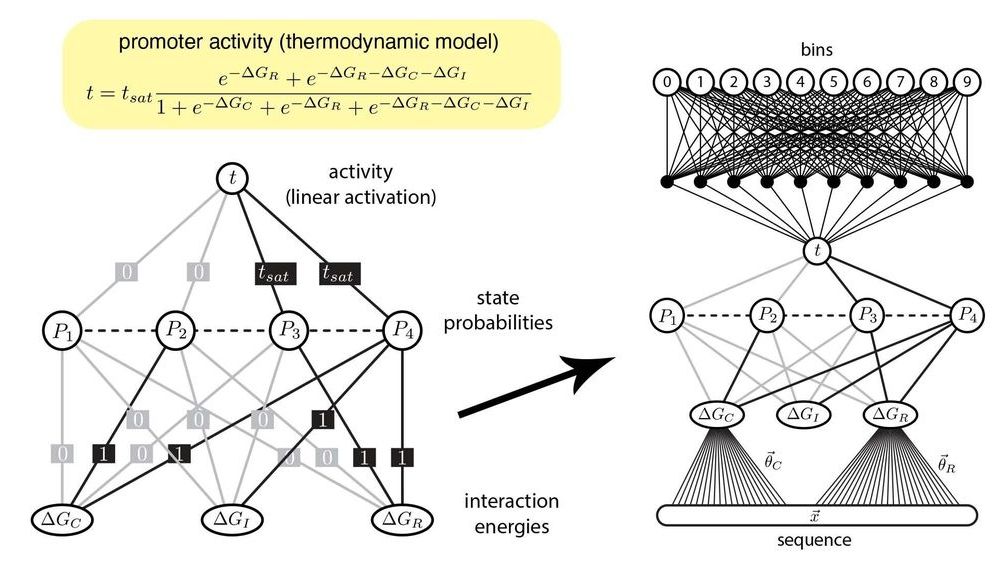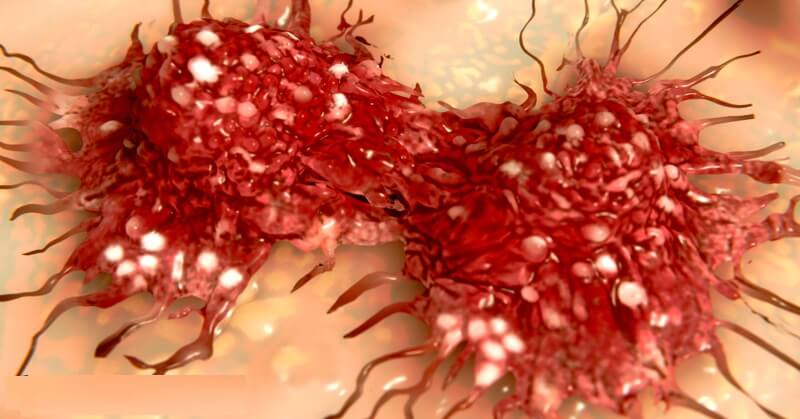
Lab-grown brain organoids developed from a patient’s own glioblastoma, the most aggressive and common form of brain cancer, may hold the answers on how to best treat it. A new study in Cell from researchers at Penn Medicine showed how glioblastoma organoids could serve as effective models to rapidly test personalized treatment strategies.
Glioblastoma multiforme (GBM) remains the most difficult of all brain cancers to study and treat, largely because of tumor heterogeneity. Treatment approaches, like surgery, radiation and chemotherapy, along with newer personalized cellular therapies, have proven to slow tumor growth and keep patients disease-free for some periods of time; however, a cure remains elusive.
“While we’ve made important strides in glioblastoma research, preclinical and clinical challenges persist, keeping us from getting closer to more effective treatments,” said senior author Hongjun Song, Ph.D., Perelman Professor of Neuroscience in the Perelman School of Medicine at the University of Pennsylvania. “One hurdle is the ability to recapitulate the tumor to not only better understand its complex characteristics, but also to determine what therapies post-surgery can fight it in a timelier manner.”


















